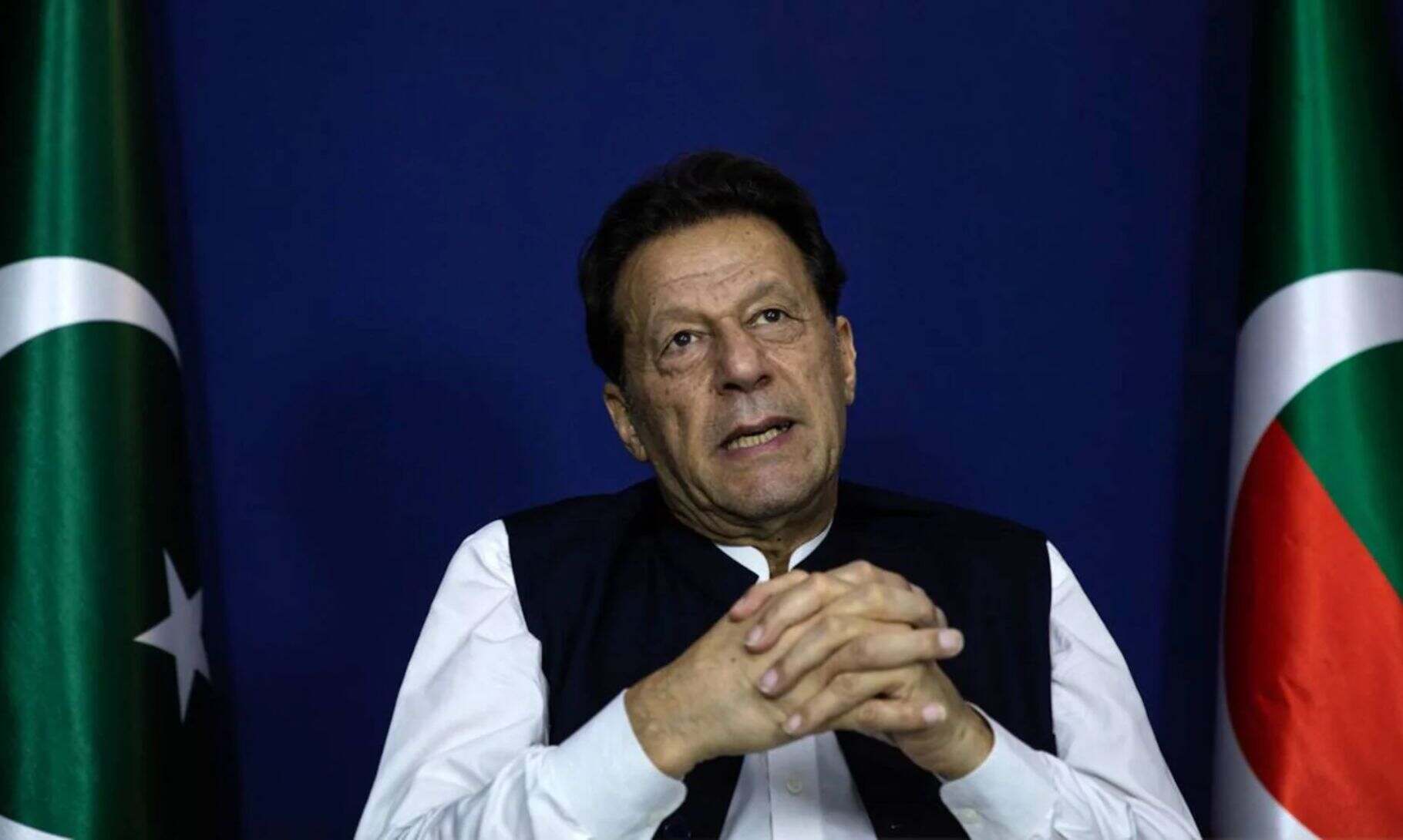Pakistan’s Supreme Court ruled on Friday that Imran Khan’s Pakistan Tehreek-e-Insaf (PTI) party is entitled to over 20 reserved seats in the national legislature, escalating tensions within the country’s fragile coalition government. This decision comes after PTI candidates contested the February 8 election as independents due to their initial disqualification from the polls. Despite winning the most seats, the Election Commission had deemed independents ineligible for the 70 reserved seats allocated for political parties, reallocating them mostly to ruling coalition parties.
Chief Justice Qazi Faez Isa, supported by eight judges in a 13-member full court bench, asserted, “As a political party, PTI is entitled to its reserved seats.” The court’s decision grants PTI 23 reserved seats, which does not alter the parliamentary majority of Prime Minister Shehbaz Sharif’s coalition government.
Under Pakistan’s electoral regulations, parties are awarded 70 reserved seats 60 for women and 10 for non-Muslims in proportion to their electoral gains, contributing to the National Assembly’s total of 336 seats.
While this ruling bolsters PTI’s political standing, supporters of Imran Khan have alleged electoral fraud by the election commission and a pro-military caretaker government overseeing the polls, claims denied by both authorities. Concerns about the election’s transparency have been raised in Western countries, prompting calls from the U.S. House of Representatives and European nations for Islamabad to investigate the allegations, a request Pakistan has so far rebuffed.
Imran Khan, ousted from power in 2022 following a fallout with Pakistan’s military leaders, maintains that the military does not interfere in political affairs, contrary to widespread perception.
The Supreme Court’s decision is set to impact Pakistan’s political landscape, potentially intensifying confrontations between PTI and the ruling coalition as the country navigates ongoing political and electoral challenges.







